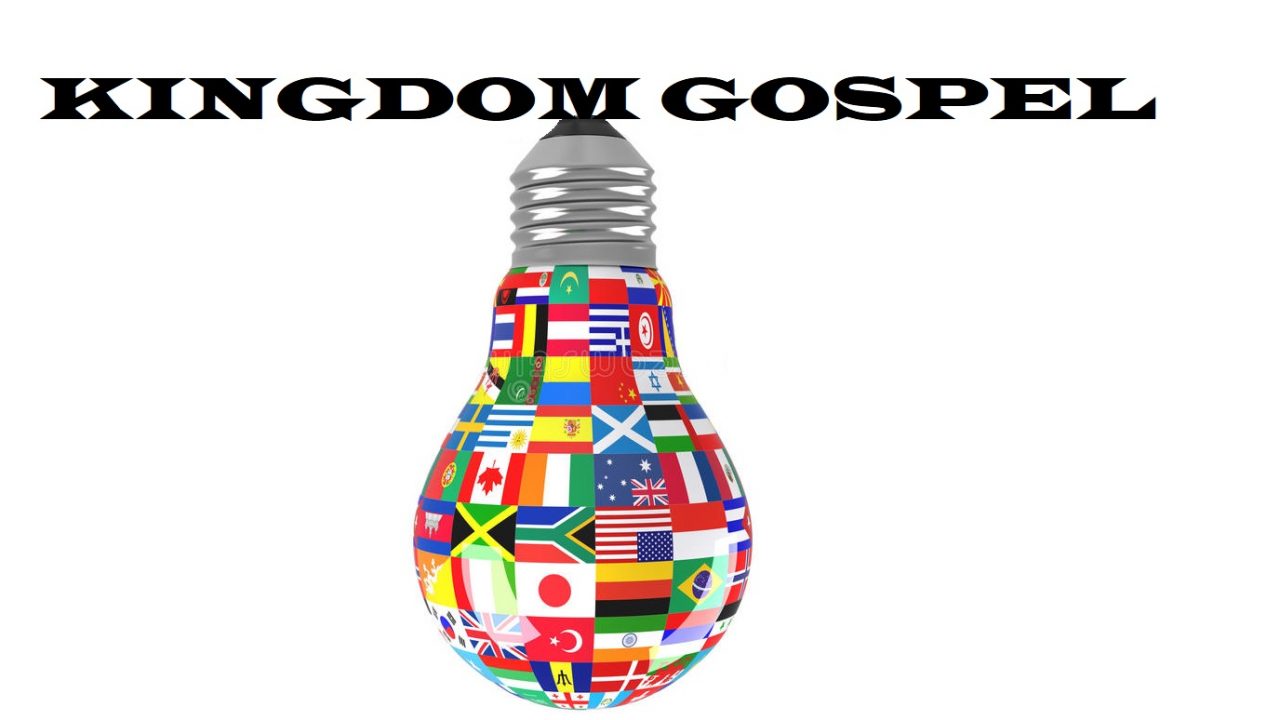Nations will walk by the light of that city, and kings will bring their riches there. Revelation 21:24
From The Theological Dictionary of the New Testament.
This phrase alludes to Isa 60.3, where the MT text reads, ‘And nations shall go [Heb. wehaleku] to your light, and king to the brightness of your rising,” while LXX Isa 60.3 reverses the clauses: ‘And king will come [Gk. poresontai] to your light, and nations to your splendor.’
[It is important to note that the LXX translator of Isaiah exhibits a theological agenda that included the inclusion of Gentiles in the people of God; cf. Isa 23.14-24.1; 62.4…
In Rev 21.24-26 full participation in eschatological salvation is presupposed. This eschatological expectation was based in part on historical experience (Ps 68.29; 1Kgs 10.23-25; Jos. Ant. 15.402; J.W. 5.187; 2Macc 5.16). Some particular famous cults in the ancient world had an international appeal and attracted offerings from a great many different regions and peoples. In Ps.-Lucian De Syria dea 10, 32, the temple Atargatis at Heliopolis-Mabug, for example, in the Roman province of Syria had a widespread reputation and reportedly attracted offerings from ‘Arabia’, the Phoenicians, Babylonians, Cappadocians, Cilicians, ‘Assyrioi,’ Egyptians, Medes, Armenians, and Babylonians.]
The theme of the kings and nations of the world making an eschatological pilgrimage to see the light and glory of God in Jerusalem occurs several times in early Jewish literature (Pss. Sol. 17.3; Tob 13.11)…
The pilgrimage of the kings of the earth to the New Jerusalem presupposes the existence of the nations of the world and their rulers as well as the location of the eschatological Jerusalem on the earth. [There are] similarities between the eschatological scenario in Rev 19.11-21:27 and Sib. Or. 3.657-731, which narrates the final events in 4 stages:
- The kings of the peoples attack the temple in Jerusalem (3.657-68; cf. Rev 20.7-9a).
- God defends Jerusalem and annihilates the attackers (3.669-701; cf. Rev 20.9b-10).
- Zion is restored (3.702-9; cf. Rev 21.9-21).
- The inhabitants of all the islands and cities will recognize the sovereignty of God (3.710-31; cf. Rev 21.24-25).
Nevertheless, the ancient Jewish eschatological motif of nations coming to Jerusalem in the eschaton, i.e., ‘Zion eschatology,’ was so firmly fixed in apocalyptic tradition that it is necessarily included here.




